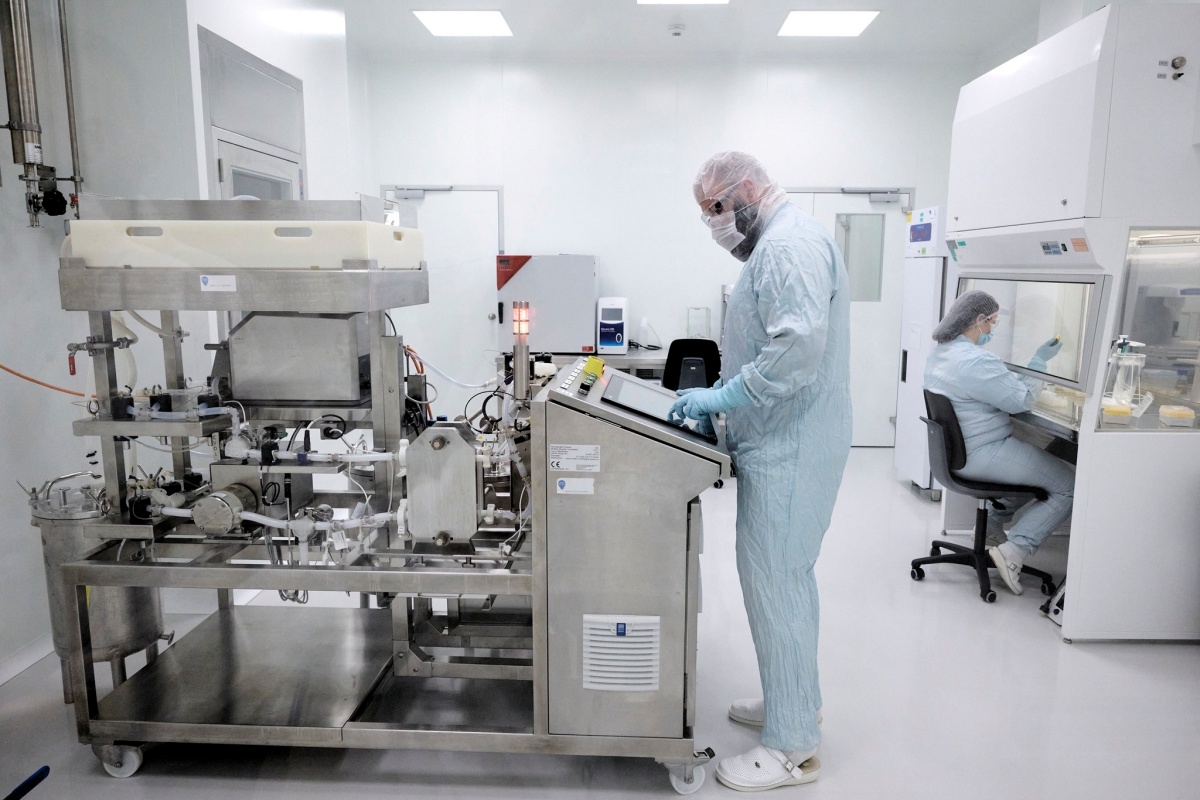
Their findings were published on the journal Science Signaling's front page.Continue reading

Minister of Culture and Innovation, Balázs Hankó announced a significant increase in research funding at the inauguration of a new pilot research laboratory at the University of Debrecen.
The government will allocate HUF 43B (EUR 108.8M) this year to support research excellence, more than double last year’s amount.
The funding aims to attract top researchers to Hungary through various programs, including the national research excellence program, international tenders, and university excellence scholarships. Minister Hankó emphasized the “Hungarian model,” which focuses on renewable infrastructure and excellent researchers to strengthen the country’s economy and sovereignty.
The government’s ambitious goals include positioning Hungary among Europe’s top ten innovators and having universities in the global TOP 100 by 2030.
The János Neumann Program has been launched to support these objectives, focusing on strengthening the health industry, pharmaceutical sector, digitalization, and agricultural green transition.
The University of Debrecen’s new pilot research laboratory, awarded an EU grant of HUF 5.1B (EUR 12.9M), is part of this initiative. The lab will be in trial operation until 2026, followed by a production phase after an additional HUF 1B (EUR 2.5M) investment.
György Kossa, Chairman of the University’s Board of Trustees, highlighted the institution’s commitment to developing a health ecosystem and fostering innovation in collaboration with industrial partners. Chancellor Zoltán Bács described the investment as unique and complex in the pharmaceutical industry.
The laboratory aims to become an industrial player capable of producing viral and bacterial biological agents using sterile manufacturing technology.
It will operate in a biosafety level II (BSL2) environment, enabling drug development and small-scale production activities.
Rector Zoltán Szilvássy outlined the lab’s ambitious goal: developing a bacteriophage to eliminate antibiotic-resistant bacteria causing hospital-acquired infections in Debrecen’s healthcare institutions within a year. Future research will focus on expanding the application of these phages to address similar issues across the continent.
This investment in research and innovation aligns with Hungary’s broader strategy to enhance its scientific capabilities, boost economic growth, and strengthen its position in the global research community.
Via MTI; Featured Image: Facebook / Hankó Balázs